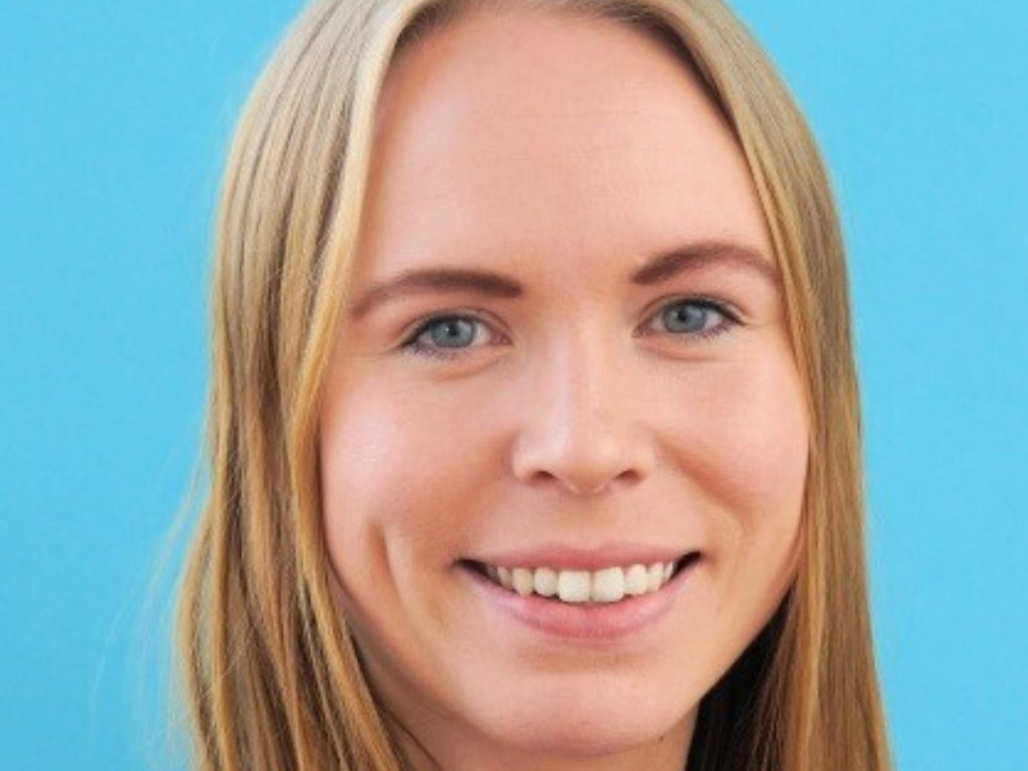My name is Vilborg Guðjónsdóttir, I‘m 29 years old and my research subject is Compression-Resorption Heat Pumps at Delft University of Technology (TU Delft).
I got to know the Institute for Sustainable Process Technology through my project, which is part of COMPRESORP, and I feel it is a great platform to connect academia and industry. This link is often missing for PhD students and it is especially important for mechanical engineers to have that link to increase the chances of their solutions to be implemented.

Background
I did my bachelor in Mechanical Engineering at the University of Iceland, with an exchange semester at Virginia Tech. I then decided to go for my masters at TU Delft in Mechanical Engineering with a focus on energy technologies. Coming from Iceland, I wanted to broaden my horizon by studying abroad. Iceland has a small population, and therefore the diversity offered at TU Delft was very attractive to me.
I was fortunate enough to be supervised by Dr. ir. Carlos Infante Ferreira during my master thesis. He introduced me to the project and gave me the opportunity of becoming a PhD at TU Delft. I was immediately excited about the project itself and could see that it had potentials to have a high impact.
Compression-resorption heat pumps
The project focuses on industrial heat pumps, more specifically Compression-Resorption Heat Pumps utilizing wet compression. At the beginning of the project I was hoping to have a compressor prototype ready that could efficiently handle two phase compression as a part of a Compression-Resorption heat pump.
Compression-resorption heat pumps are a very attractive option for applications where there is a glide of the heat source and/or sink. As I stated above, the original goal was to have a compressor prototype at the end of the PhD. Due to several delays it took a bit longer, but we are reaching that goal now. Additionally, we identified an interesting mixture, more specifically ammonia-water-CO2, instead of the traditionally used ammonia-water for these kinds of systems. For certain applications this mixture can improve the thermodynamic performance, we saw this both theoretically and performed heat exchanger experiments that partially confirmed the potentials.
We also looked into the economics of compression-resorption heat pumps and with increasing CO2 emission cost the payback period keeps on increasing which is positive news for heat pumps!
During the project simulation of the compressor performance were carried out and showing the importance of taking into account varying operating conditions for the efficiency, such as vapor quality and rotational speed of the compressor. At this point in time we are still performing experiments with the compressor prototype to confirm its performance.
Positive impact
We need to start taking larger actions when it concerns global warming. During the masters I was focused on renewable energy technologies, I did my internship with a small geothermal company back home in Iceland and for my master thesis I worked on Ocean Thermal Energy Conversion (OTEC). However, it is not enough to switch to renewables. We also need to become more energy efficient. There industrial heat pumps can play an important role! They can drastically reduce energy requirements in industry and in that way reduce emissions.
When choosing my academic path and subjects I aimed to have a positive impact for society. As I stated earlier, industrial heat pumps can play an important role in the energy transition that we are facing, therefore, it was ideal to go for this project!
